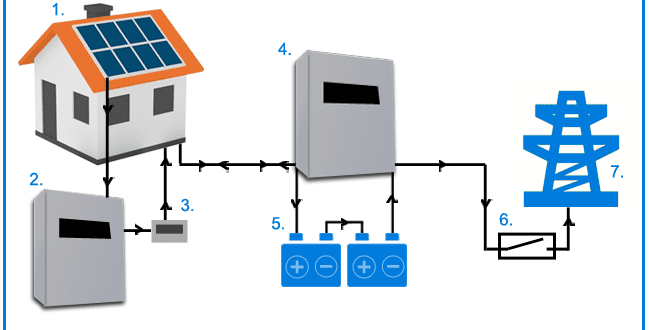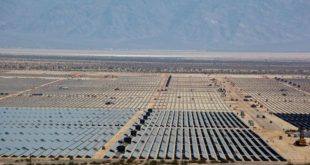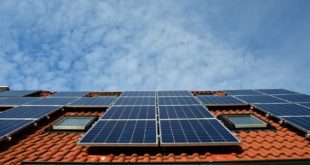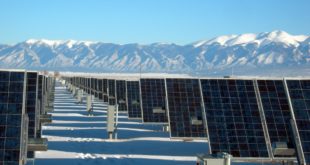Should You Invest in Battery Storage Along with a Solar Energy System? 9 Solar Experts Weigh In
Solar-plus-storage systems, which include a battery that captures and stores excess solar energy generated by the PV system to be used at a later time, are a hot topic right now, and more and more solar installers are beginning to offer solar batteries as an option for home and business owners. While the idea of going off the grid and being entirely energy self-reliant sounds appealing to many consumers, is investing in a solar-plus-storage system actually the right move at this point in time? Nine solar experts provided their input to help you decide.
According to Mark Stevenson, founder and managing director of Bright Spark Energy, “battery storage is still a developing technology, and early adopters have had issues with generating enough energy to store in the battery.” Geoff Mirkin, CEO of Solar Energy World, added that “the technology still has a ways to go in most markets.”
Because solar battery technology is still developing, “today, energy storage is still very costly in comparison to capacity,” Greg Reed, director of the University of Pittsburgh’s Center for Energy and Energy GRID Institute, explained. He continued, “it becomes a matter of costs vs. return…as costs continue to come down, it will make more sense to include battery storage more universally over time.” Shel Horowitz, owner of Going Beyond Sustainability, believes that “on-grid homes should stay connected, sell excess power back to the power company, and use the electrical grid as their battery. It’s cheaper, more efficient, and takes up much less space.”
While solar batteries are relatively costly at this point in time, Rainier de Ocampo, vice president of marketing at Solar Optimum, brought up an attractive benefit of a solar-plus-storage system: “homeowners can use solar and battery backup to reduce their reliance on the grid and create a zero emissions home.” Kathie Zipp, managing editor of Solar Power World and Energy Storage Networks, also mentioned that, “on the residential level, storage can be a good choice for homeowners looking for the piece of mind of having backup power from their solar array when the grid power is out. It’s a common misconception that the solar panels will continue generating power when the grid is down, because the system’s inverter must shut down from the grid to avoid backfeeding dangerous voltage that could harm grid workers. However, with batteries, the homeowner will continue to have power for some loads (fridge, lights, TV) when the grid is down.” However, Julio Daniel Hernandez, CEO of Enlight.Energy, argued that, “while it would be great to have power even if the grid goes down, the expense associated with that luxury is hard to justify in areas where you rarely have a power outage.”
In addition to cost vs. benefits vs. return, location could also play a part in your decision to purchase a solar battery. If you live in an area where “utility companies shift their on-peak hours away from the times when solar is most efficient, it would make sense for homeowners to invest in batteries to capture the solar energy during the daytime hours so they can use that energy from the battery during the later on-peak hours, preventing them from having to purchase energy from the utility company at higher on-peak rates,” Matt Stoutenburg, founder and CEO of Peak Power Solutions, explained. However, Teris Pantazes, co-founder of Efynch.com, countered that some states “do not have a large discrepancy in [energy] price between day and night. Instead, [they] use net metering and can spin the meter backwards for a small fee and get credited the energy back at night or on rainy/snowy days.”
Bio: Sarah Hancock is passionate about green living and sustainability. She frequently writes about renewable energy and manages the Solar blog at BestCompany.com.
 Alternative Energy HQ solar power for homes, wind energy, and bio fuel issues
Alternative Energy HQ solar power for homes, wind energy, and bio fuel issues







2 comments
Pingback: Invest in Battery Storage?
Pingback: Battery Storage Investment - Experts look at the pros and cons